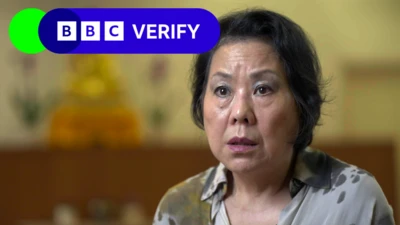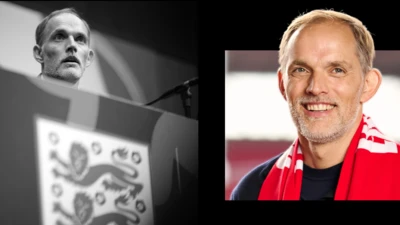We've updated our Privacy and Cookies Policy
We've made some important changes to our Privacy and Cookies Policy and we want you to know what this means for you and your data.
Swinney demands answers about tax raising powers
Scotland's Finance Secretary John Swinney said that Westminster needed to answer key questions about the Scottish parliament's tax raising powers.
It emerged last week that the current deal allowing Scotland to raise or lower income tax by 3p in the pound had lapsed in 2007.
Mr Swinney wants to know more about the costs of a new tax-raising system, due to be set out in the new Scotland Bill.
MSPs will be told more about the matter later this week.
The Scottish government told UK ministers in August it was not going to pay Her Majesty's Revenue and Customs (HMRC) Β£7m to work on the IT system which would allow the Scottish variable rate (SVR) to be used after May's election.
The initial cost for establishing a separate revenue system was Β£12m, which was paid in 1999 and an annual maintenance bill of Β£50,000 was paid by the Holyrood administrations until 2007.
After the SNP came into government in May 2007, revenue bosses announced they would have to install a new IT platform and that "further discussions would be needed regarding additional multi-million investment requirements to operate the 3p tax power".
In an escalation of the row, Mr Swinney said he now needed answers on the costs for further tax-raising powers, as proposed in the Calman recommendations for the future of devolution, which are due to be set out in a Scotland Bill..
In a letter to Scottish Secretary Michael Moore, Mr Swinney said: "Now that you have placed a partial version of matters in the public domain, I will need to be in a position to inform parliament about the UK government's proposed arrangements for the Calman powers and their financing."
Mr Swinney rejected claims that the costs of devolution should be met from the Scottish budget, highlighting a Treasury document which stated that the UK government should pay.
He added: "Therefore, prior to making my statement I will need answers to these key questions, which you must be in a position to answer given the proximity of the Scotland Bill publication.
"How much does the UK government expect Scotland to pay for the operation of the Calman tax powers, when do you expect Scotland to pay, and exactly when will the powers you propose be in place?"
People voted for the Scottish Parliament to have tax-raising powers in a specific question which was part of the 1997 referendum on devolution, but the Scottish variable rate has never been used by any administration.
A Scotland Office spokesman said: "The forthcoming Scotland Bill has nothing to do with a decision by the Scottish government to remove Holyrood's SVR power. They are two very different things.
"The SVR power was available to MSPs and now it isn't. It can be used again in 2013 at the earliest.
"The new Scotland Bill powers, on the other hand, will be the largest transfer of fiscal powers from London since the creation of the UK.
"We have always said that the increased income tax powers in the Scotland Bill should be in place for the Scottish Parliament elected in 2015."
Top Stories
More to explore
Most read
Content is not available








